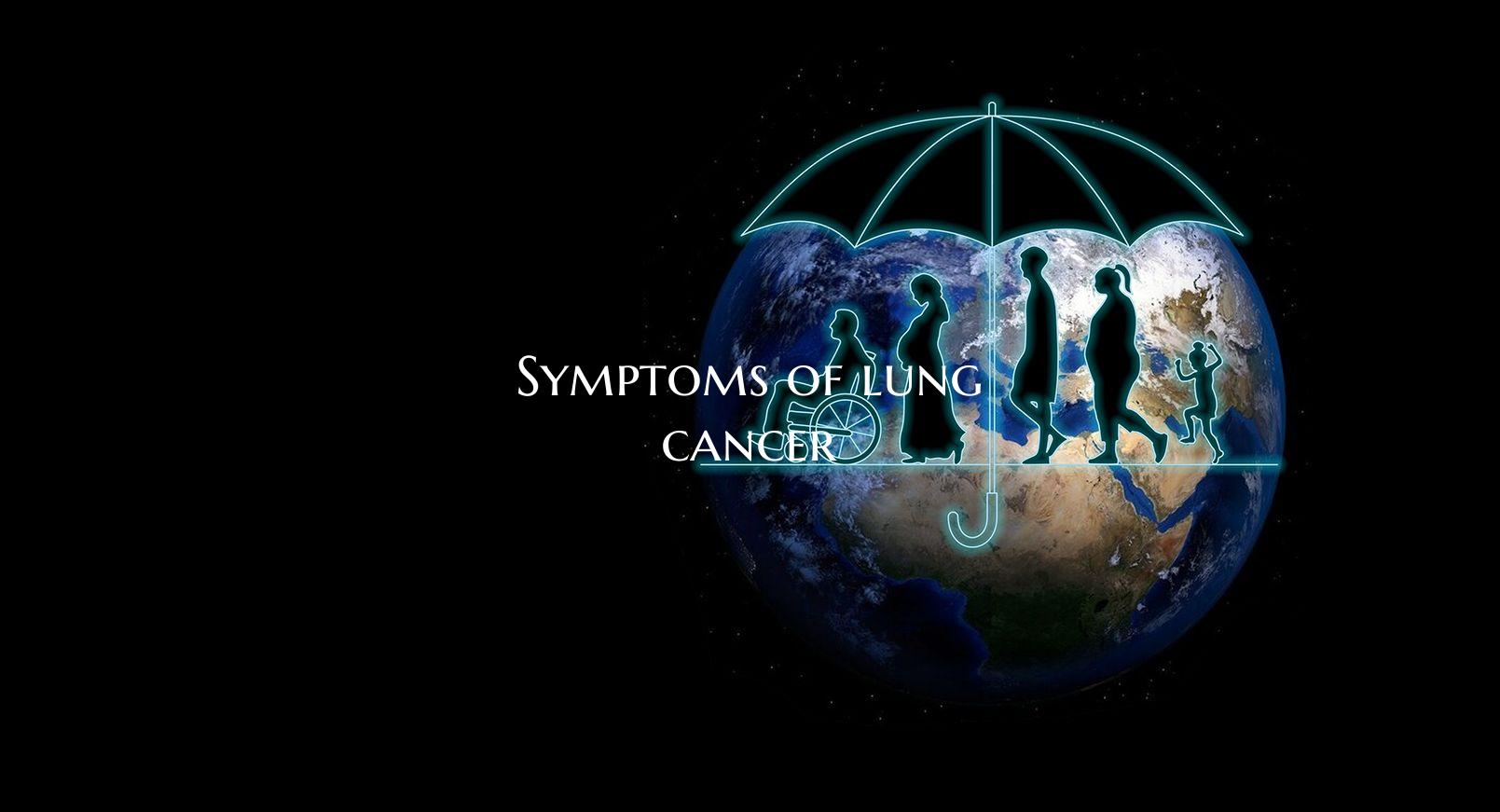
Symptoms of lung cancer
Symptoms of Lung Cancer
Lung cancer is a serious and potentially life-threatening disease that requires prompt medical attention for diagnosis and treatment. Recognizing the symptoms of lung cancer is crucial in tackling the disease early. While symptoms can vary among individuals, here are some common signs to be aware of:
1. Persistent Cough: One of the most common symptoms of lung cancer is a persistent cough that doesn't go away or worsens over time. This cough may produce blood or sputum.
2. Shortness of Breath: Lung cancer can cause shortness of breath even with mild physical exertion. If you find yourself becoming easily winded without a clear explanation, it could be a cause for concern.
3. Chest Pain: Chest pain that is constant or worsens with deep breathing, coughing, or laughing can be a symptom of lung cancer. The pain may be sharp or dull and can be felt in the chest, back, or shoulders.
4. Unexplained Weight Loss: If you are losing weight without trying, it could be a sign of various health issues, including lung cancer. Unexplained weight loss, especially if significant, should be investigated by a healthcare professional.
5. Fatigue: Feeling excessively tired or lacking energy despite getting enough rest could be an indication of lung cancer. Fatigue can be a result of the body fighting the disease or due to the cancer spreading to other organs.
6. Wheezing: A wheezing sound while breathing, similar to asthma, can sometimes be a symptom of lung cancer. This is caused by a blockage in the airways due to a tumor or inflammation.
7. Hoarseness: Lung cancer can affect the vocal cords and lead to hoarseness in the voice. If you notice persistent changes in your voice quality, it's important to get it checked out.
8. Bone Pain: Lung cancer that has spread to the bones can cause bone pain, particularly in the back or hips. This pain may be constant or worsen at night.
9. Headaches: Lung cancer that has metastasized to the brain can cause headaches, dizziness, seizures, or other neurological symptoms. These signs require immediate medical evaluation.
It's essential to remember that these symptoms can also be caused by other less serious conditions. However, if you experience any of these signs and they persist or worsen over time, it's important to consult a healthcare provider for a thorough evaluation. Early detection of lung cancer can significantly improve treatment outcomes and overall prognosis.